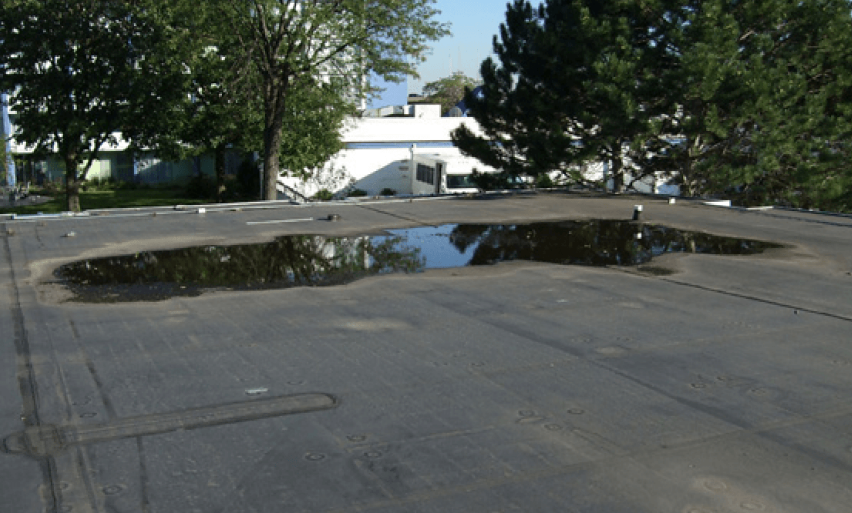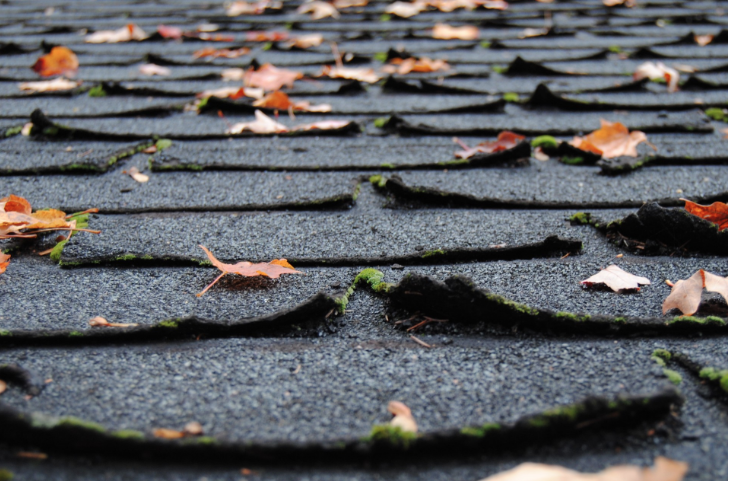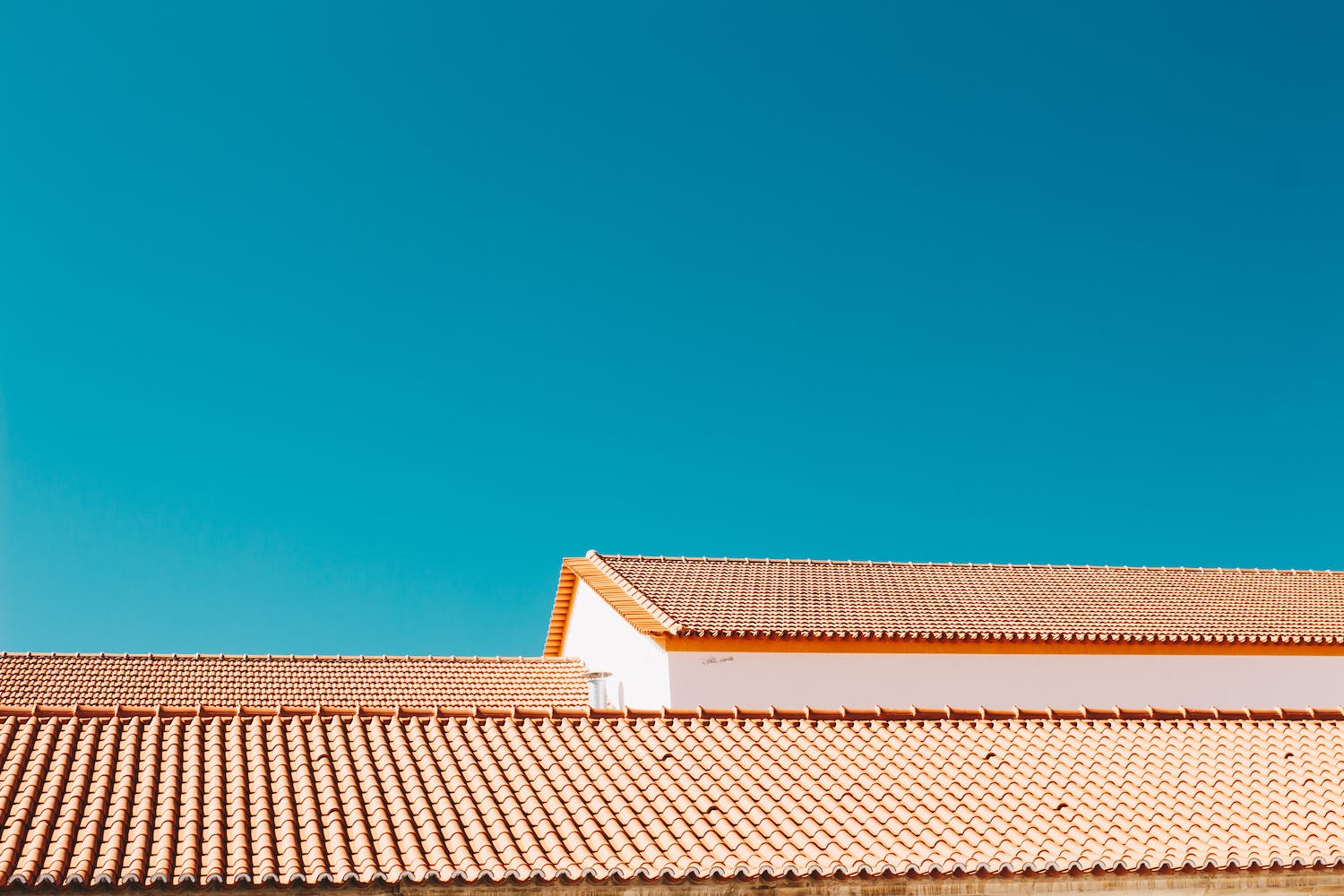What does a Roofing Inspection consist of?
Roofing inspections are absolutely essential to the long-term health of your roof. The more that your roof is exposed to heavy weather, such as snow and frigid temperatures or high winds and hail, the greater the need for timely roofing inspections. Because heavy weather can do wear-and-tear damage to your roof, you want to have an inspection out there as soon as possible in order to assess and perhaps repair possible damage done to your roofing structure. A timely inspection is affordable and can save you more extensive damage, e.g., resulting from leaks.
Structural, Material, and Interior Inspection
Roof inspections follow a few basic steps. A structural inspection entails looking for undulated roof planes and giveaway signs of a sagging roof. Damage around the chimney and crumbling grout may be another component if your roofing has a lot of masonry around the roofing structure itself. A material inspection, moreover, entails looking for shingles that are curling at the corners or missing outright. These need to be repaired or replaced immediately in order to ensure that the integrity of your roof. On that note, a roofing inspection will also typically involve an interior inspection to check for interior damage and leaks. Rot, mold, and water damage can be giveaways that you have a roofing issue.
Seasonal Roof Inspections Recommended
Seasonal roofing inspections by a qualified professional are recommended for roofs that are at least ten years old. If you have had your roof installed in the last five years, then you can perhaps get away with a visual inspection. Missing shingles or leaks in the interior of your home, however, are a surefire sign that something is not right; in these instances, a professional roofing expert should come to your home right away to make needed repairs before more serious damage is done to your home. You may wind up saving a lot of money over the long haul in the sense that roofs are a critical component in terms of calculating your home’s overall energy efficiency.
Roofing Inspections Increasingly Required
Many states around the country actually now mandate roofing inspections prior to home sale. Roofing inspections are a good idea besides, however. After a roofing inspection is done on your home you will know more about your roof’s integrity and how long until a new roof or repairs will most likely be needed. With the right know-how and equipment, roofing specialists can give you a rather precise idea of how long until your roof needs repairs. If a more extensive inspection is required, a roofing expert may take an assay of part of your roof to determine more information and give a more accurate timeline in terms of the medium- and long-term stability of your roof.
Insurance companies and lenders realize the importance of regular roof inspections, which is why many policies and loans require a roofing inspection before completing the process. Even if not required, a roofing inspection will improve your home’s overall aesthetics, safety, and energy efficiency.
.png)


